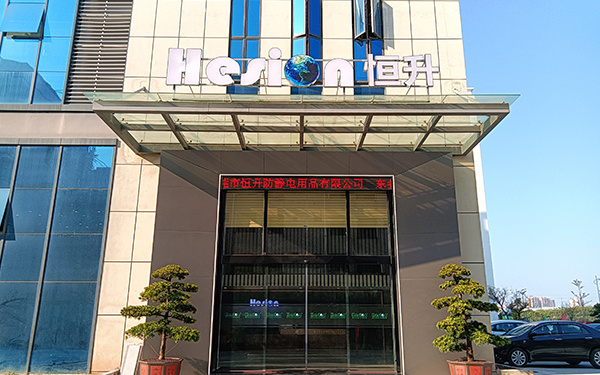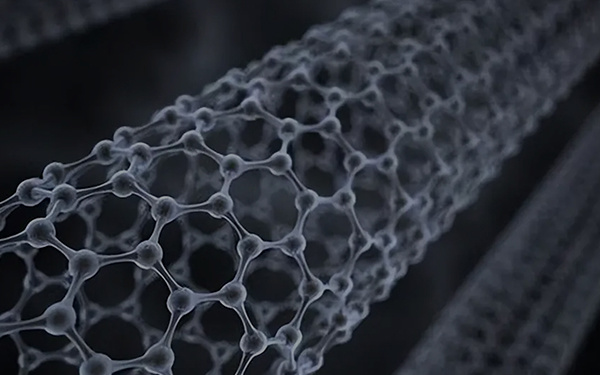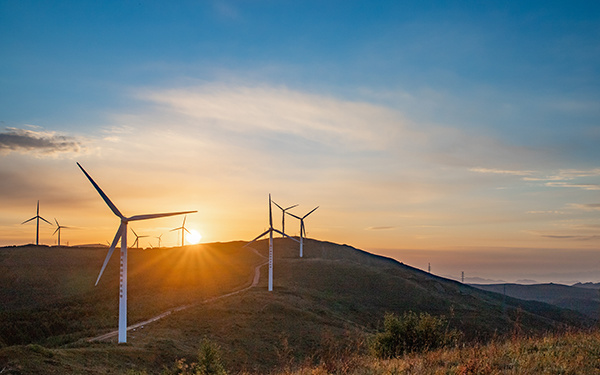Sustainable development
Our mission
From the breakthrough of bio-based materials to the construction of zero-carbon factories, Hengsheng has transformed sustainable development into quantifiable actions. Work together to build a green electronic industry ecological chain.
Authoritative Certification: ISO 14001, T TÜV OK Composting Certification
Goal Commitment: Achieve carbon neutral operation in 2028
The meaning behind the numbers
Each Rice Paper ® package reduces 3.2k G CO2e – the equivalent of planting 0.5 trees. Join us and let electrostatic protection and earth protection resonate at the same frequency.
Innovations in environmentally friendly materials
▶ Rice Paper ®:
Reduces the carbon footprint of traditional PE materials by 40%, and uses rice husk biological fillers to achieve high-value utilization of agricultural wastes.
▶ Halogen-free anti-static materials:
develop low-halogen/halogen-free materials certified by T TÜV to eliminate the risk of halogen pollution while ensuring the electrostatic protection performance.
▶ Green sustainable technology:
the application of bio-based antistatic agents (such as rice husk extract) and degradable conductive plastics (PLA/PBAT blend) to reduce the dependence on petrochemical raw materials.
Low-carbon operation system
▶ Application of clean energy:
The photovoltaic coverage rate of the plant is 60%, and the energy consumption per unit output value will be reduced by 15% in 2025.
Practice of circular economy
▶ Closed-loop regeneration of production waste:
the recycling rate of film scraps reaches 30%, and the total amount of waste is reduced by 50%.
▶ Recyclable product system:
Promote the recycling of anti-static packaging bags and conductive plastics, and the recovery rate of electrode film silver is over 95%.
Commitment to green smart manufacturing
▶ Zero waste action:
100% of the industrial wastewater reaches the first class standard of GB 8978, of which 85% is reused for production.
▶ Carbon emission reduction milestone:
The Internet of Things energy monitoring system helps to reduce emissions by 20% since 2022.











